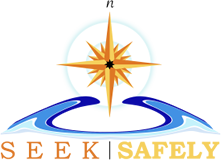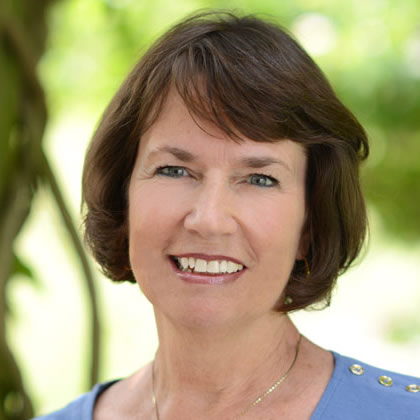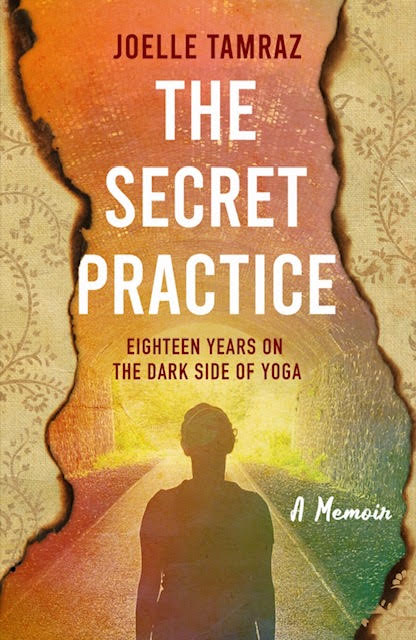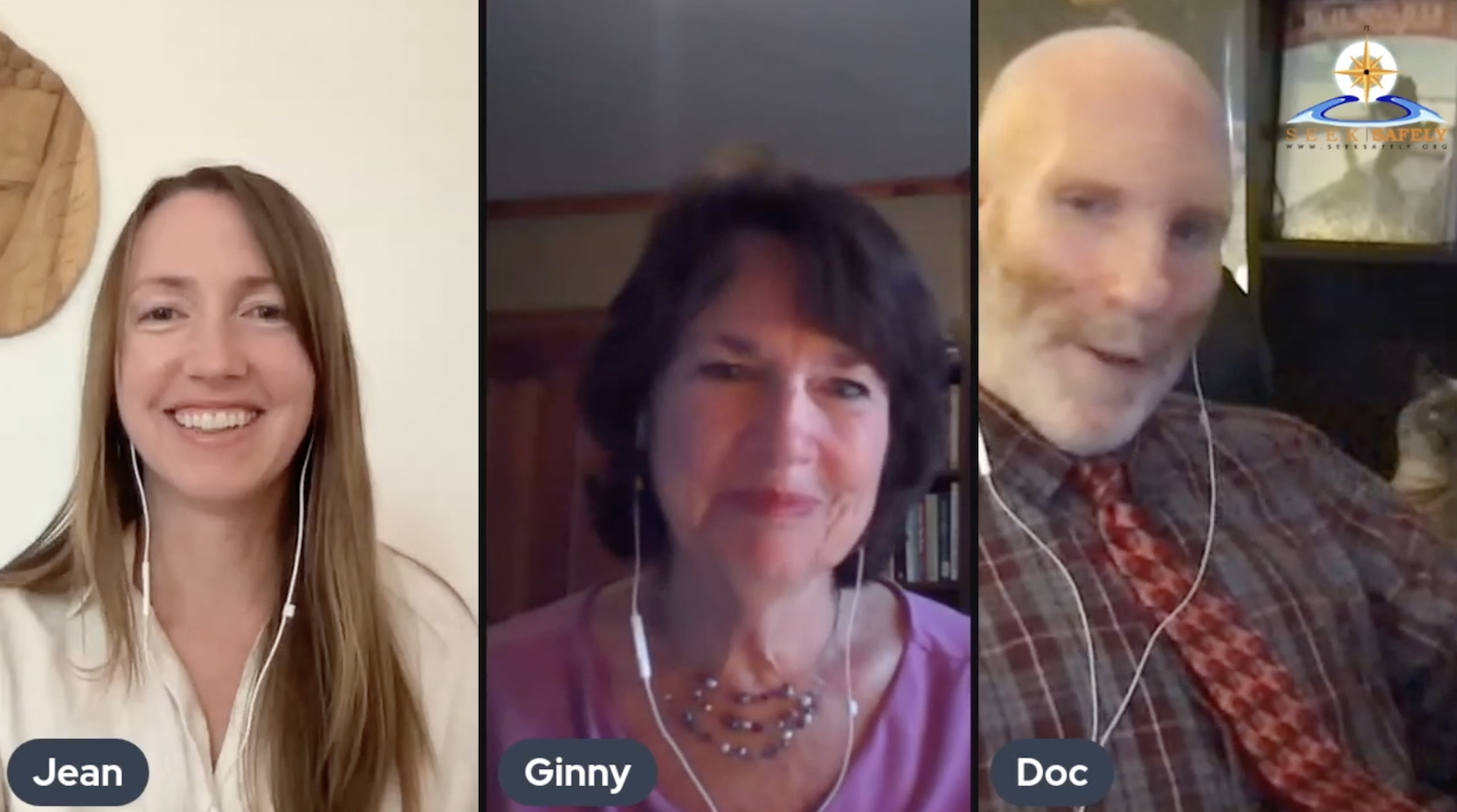
For many seekers, the goal of their self-help efforts has to do with finding spiritual meaning in their lives. As we explore best practices and proofs of effective self-help strategies, we realize that goals like “spiritual connection” or “deeper meaning” will be difficult to quantify and measure.
I have always regarded self-help as self-guided improvement for economic, intellectual, emotional, relational and spiritual growth often with a psychological basis. However, many pair self-help with “new age” philosophies that draw on both Eastern and Western spiritual and metaphysical traditions, motivational psychology, holistic health, parapsychology, consciousness research and quantum physics. Self-help? Spiritual seeking? New Age?
From self-help literature and on-line courses, to seminars and retreats led by motivational speakers, many of the above influences seem to come into play. Can any of this be measured? Can the lessons and directions be proven to actually create greater spiritual connection? And how does spirituality differ from traditional religions?
We will explore some of these issues in future posts. We at SEEK want to make it clear that while we want self-help practitioners to use “best practices,” we understand that some modalities may be difficult to measure and their effectiveness hard to prove beyond personal testimonies. Nevertheless, any teacher or guru who purports to help others can practice in an ethical and safe manner, so that their consumers, followers, students are not at risk. Every teacher can and should sign the SEEK Safely Promise.





